Reshoring Effort Returning, Keeping Jobs in USA
The stream of millions of U.S. jobs going overseas has stopped, according to a report from the Chicago-based Reshoring Initiative.
The net gain on reshoring and foreign investment in the United States was measured at 67,000 jobs nationwide in 2015, the organization said.
That matched the loss of jobs, according to the initiative.
Since the low point in U.S. manufacturing jobs in February 2010, 249,000 jobs have been either kept in the country, added because of foreign investment or returned from overseas, the organization said in a release.
The trend comes at a time when the Trans-Pacific Partnership is under consideration. It is intended to level the international playing field by dropping tariffs and addressing currency manipulation, proponents say.
Critics contend that it would lead to loss of U.S. jobs.
Exporting is important in Mississippi.
The 11 countries that the United States would join in the pact accounted for nearly 38 percent of Mississippi’s exports in 2014, according to the U.S. Commerce Department. Gov. Phil Bryant has said he believes it would enhance Mississippi exporting. “I hope it’s approved, and I hope that we’re a strong part of it,” Bryant said.
The Economic Policy Institute blames the U.S. trade deficit – which was $389.5 trillion in 2014, according to the World Bank – for the loss of jobs.
“A rising trade deficit indicates that U.S. manufacturers are losing business to . . . other countries, like China and Japan, [that] manipulate their currency to make their goods cheaper . . . ,” leading to reduced demand at home and abroad, the left-leaning think tank said in a recent statement.
Mississippi has had successes in reshoring, as well as in two related efforts – foreign direct investment and retaining jobs that would otherwise go overseas, according to Harry Moser, founder and president of the Reshoring Initiative.
The state ranks 16th in the country in reshoring, Moser said in a recent interview with the Mississippi Business Journal.
Eighteen Mississippi employers have been added to the initiative’s list of reshoring, kept from offshoring and direct foreign investments – such as the Nissan and Toyota plants – primarily since 2010.
The Center for Advanced Vehicular Systems, or CAVS, in Canton, was created in 2002, at the time the state was recruiting Nissan, which established an assembly plant that now employs about 6,000 in Canton.
CAVS, which is based at Mississippi State University, presented a proposal and was granted $2 million for its Reshoring Advanced Manufacturing in Mississippi program. It works with the Franklin Furniture Institute at MSU, the Mississippi Development Authority, the Reshoring Institute, Innovate Mississippi, four community colleges and two planning and development districts.
The center’s director, Clay Walden, said, “We work with any manufacturer in Mississippi. Every year, we work with about 50 different manufacturers – everything from furniture in north Mississippi, to shipbuilding on the coast to automotive suppliers here in central Mississippi.”
“In pursuing the objective of helping them improve quality and productivity . . . we’ve been able to help companies rationalize bringing work back from overseas,” Walden said.
The reshoring effort in the United States through the federally funded three-year program called Make It in America is nearing its end.
The CAVS effort is two-pronged: training and “identifying items in their supply chain that they’re currently buying from overseas . . . and then looking for local suppliers.”
The program has assisted 85 companies in exploring reshoring opportunities, Walden said.
One success story was a furniture manufacturer that was buying wooden legs from China but a way was found by contracting with a nearby injection-molding operation to make legs out of polymer.
Another client, Syntron, a manufacturer of equipment for the mining industry, was able reshore some of its parts instead of buying them from South Korea, Walden said.
The team will hold a “summit” on Aug. 11 at MSU in which companies will participate in panel discussions about their efforts.
SOURCE: Mississippi Business Journal
Did you know that buying Made in USA has a bigger impact than you know? Click here for the top 4 reasons.
Learn how you can become a MAM brand ambassador and help support the Made in America Movement.

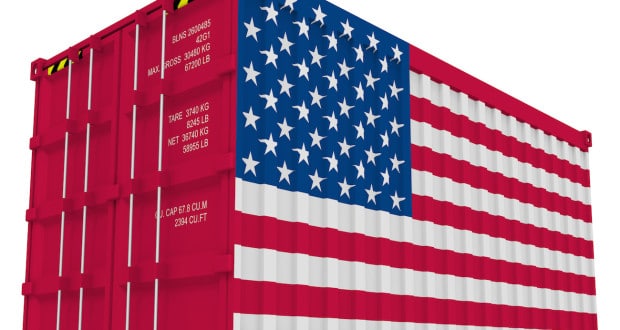

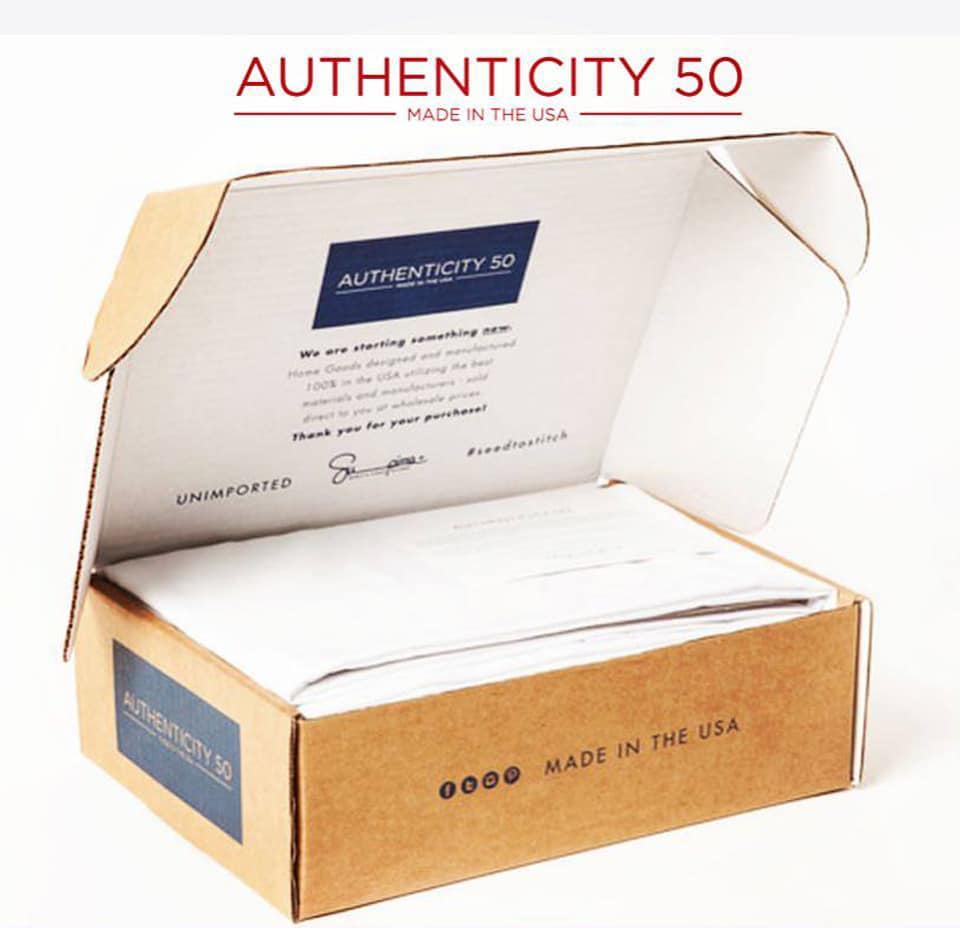
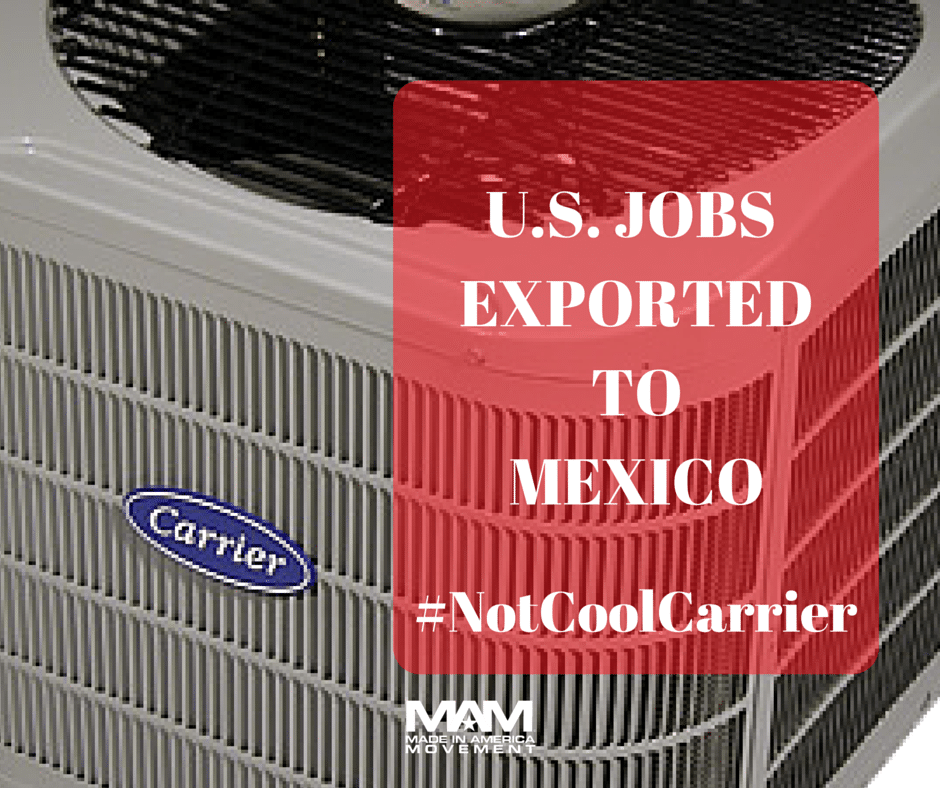
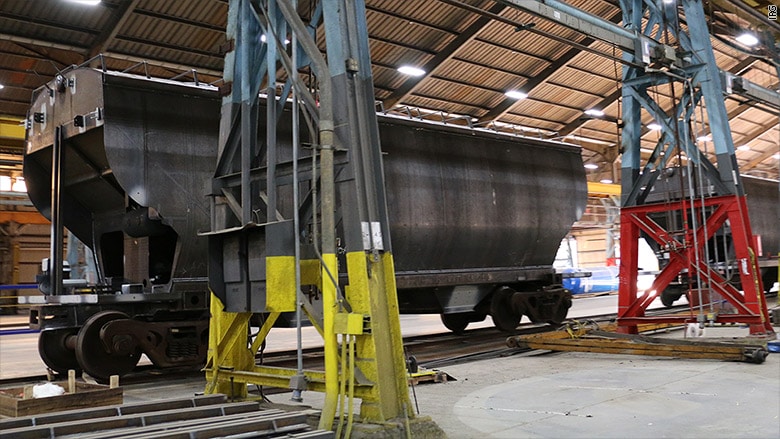
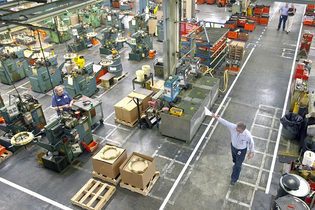

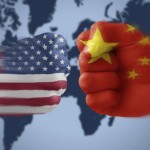

I can feel that many America Business man are relactant to buying mold from China now, they have a strong obligation to keep mold made at home so as to keep jobs there.
But also cost issue is the gap! sometimes, for example, making a mold at my company and making a mold within US moldshop has great cost differences,which reach about 30-50% of cost saving!! also our leading time is 4-8 weeks, which is much more quicker than our customers local offer.
Our successful mold partners, from America or Germany, their experience is to invest some time and money on the first period of find my company and evaluate it’s our qualification. I still remember their first visiting, spent 3-5 days to see our workshop daily operation and test a lot of mold/samples, they also test our skills on mold engineering problem solving, both technical professionality and English communication. Only after we pass their test, we get a very small order from them, they tested our first mold shipped to them and decided if we are really good enough to be their partners!
So, I think offshoring is a bilateral efforts from both seller and buyer. While we working hard to try keep jobs at home, Owners are caring about cost and rules behind. Lead time and cost, for molding industry, if it takes months or longer to build a mold, as testing time follows it may requires more than 1 year to release final product to market. That’s absolutely not the best that owners wanted.
Ethan Lee
Marketing Commissioner
JingFu Mold Engineering Co., Ltd
E-mail: ethan@jingfu-mold.com
Web: http://www.jingfu-mold.com
JINGFU – Pioneering Injection mold, 18 Years Excellency
Bullshit! How can Chicago say this when they are losing a big industry with a lot of jobs. Have they heard about Ford!? Other then that……there aren’t many to lose.
What aout the jobs going South???The latest product that we purchased.Was a sharp stereo.The fact it was made in where ever.When I had a problem.No suprise there.I had to call some Barely speaking person.You would think.That we live here.We bought it here.I want to talk to someone here.But,that is the way even Best Buy does it,also.Which sucks